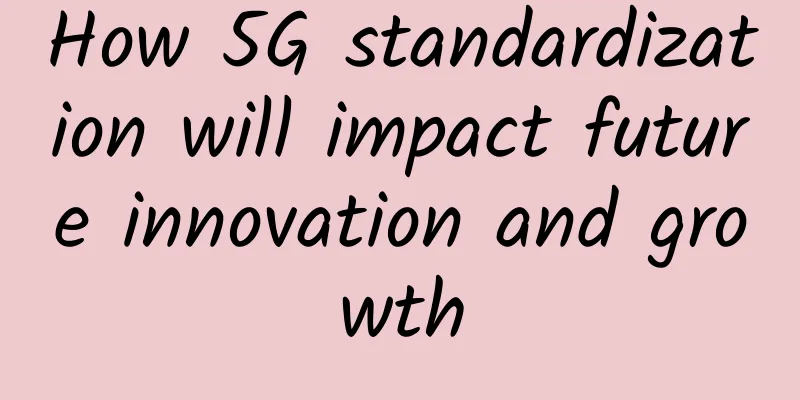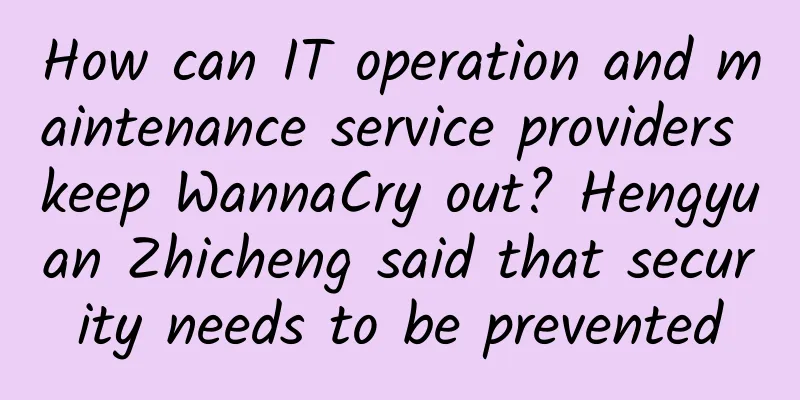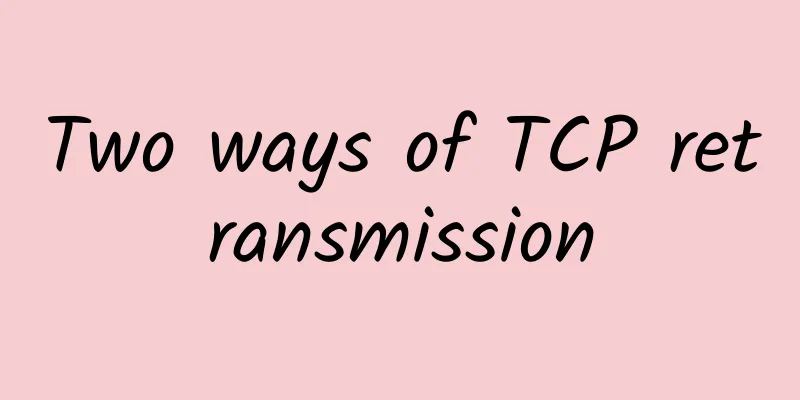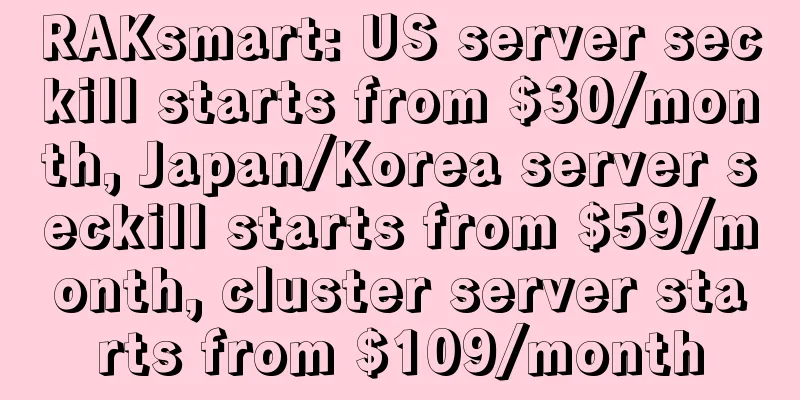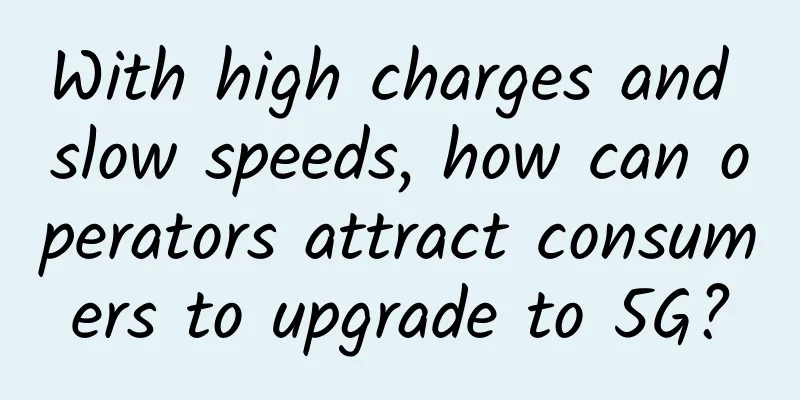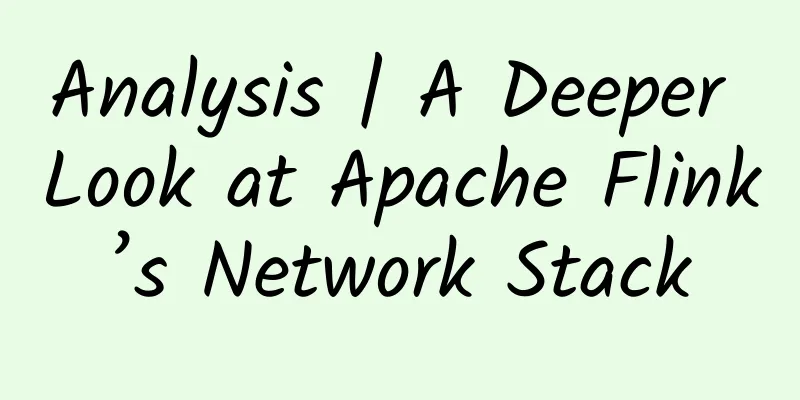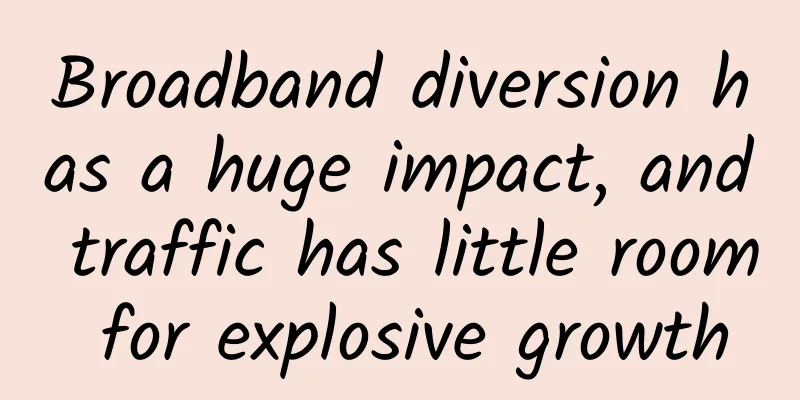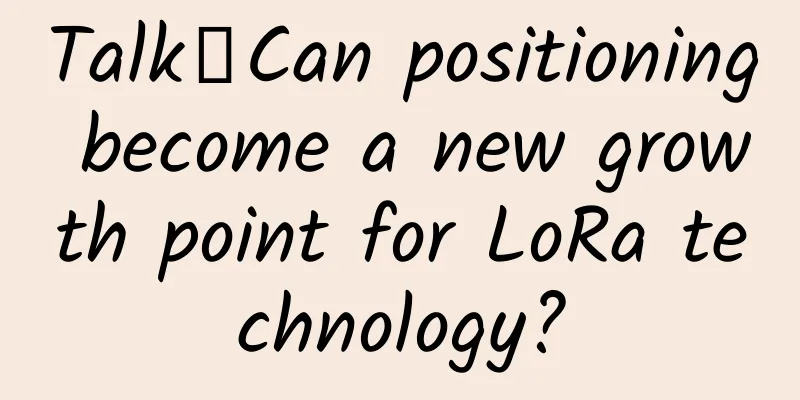You know Bitcoin, but do you really understand blockchain?
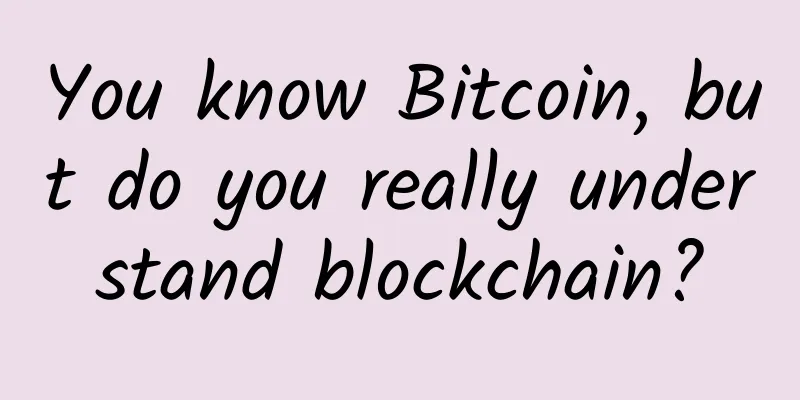
|
When it comes to Bitcoin, everyone should be familiar with it. It is the earliest and most mature application of blockchain technology. In recent years, blockchain has gradually begun to be applied in other areas. The rise of blockchain has allowed people to see new business trends in the future. Some people even predict that in the future, "blockchain +" will replace "intermediaries" such as Taobao, Alipay, and JD.com, and e-commerce will be built on blockchain. Some time ago, there was news that JD.com and Alibaba were trying to use blockchain technology to combat counterfeit and shoddy products. So, how much do you know about blockchain technology, which even Taobao and JD.com value? Some characteristics of blockchain
How much do you know about some important terms of blockchain technology? 1. Blockchain A blockchain is a public digital ledger of past transactions. In this article, we consider the blockchain to be a ledger of Bitcoin transactions. A blockchain is a hash-linked data structure. This ledger is stored in a decentralized network, with all hashes enabled by cryptography. All peer computers in the network must agree on the order of transactions, so every 10 minutes a random computer is chosen to verify the authoritative order of transactions that occurred during that time. Simply put, blockchain is a new application model of computer technologies such as distributed data storage, peer-to-peer transmission, consensus mechanism, encryption algorithm, etc. Each blockchain technology consists of three parts: peer-to-peer network, sharing mechanism and blockchain. 2. Bitcoin Bitcoin is the world's first decentralized cryptocurrency invented in 2008. It is decentralized because control is shared by all computers on the network. It is called a cryptocurrency because it is a subset of "digital currency" that uses cryptography to verify transactions. When Bitcoin is exchanged between users, a series of Bitcoin transactions are created.
Bitcoin launched a technology called Blockchain, and there are various blockchain technologies besides Bitcoin. For example: Ethereum. Ethereum is still a blockchain technology because all connected computers have consistent software rules to share data, however, instead of Bitcoin transaction list data, it may be other data, such as real-time monitoring of the number of votes in an election. 3. Block Transactions are combined into a single block, with a new block of 1MB in size created every 10 minutes. Each block in the blockchain consists of 4 components: a timestamp, a reference to the previous block, a summary of the transactions contained, and the proof of work that went into creating the secure block. Secure hashing means that editing one block does not result in changes to subsequent blocks. No single entity can simply enter the Bitcoin network and perform a transfer worth millions of dollars for two reasons: 1. Each block requires several independent confirmations; 2. Solving the cryptographic problem is extremely difficult. 4. Mining Mining means adding transaction records to the blockchain ledger after confirming the validity of the transaction. It involves using complex hardware to perform mathematical calculations to verify transactions. Computer miners verify the validity of transactions and put them into a secure block. These blocks are combined to form a blockchain that represents synchronized information in all blocks. After creating a new hash value for each secure block, miners will receive a certain reward, such as Bitcoin, etc. and receive transaction fees for each transaction they confirm. Mining is necessary to ensure that Bitcoins are not spent twice (see "5" below). 5. Duplicate spending Sending a Bitcoin transaction to two different recipients at the same time is called a double spend. 6. Proof of Work (POW) Proof of Work (POW) is a mechanism that requires expensive computations to be performed to facilitate transactions. Since a certain amount of computation is required for miners to obtain a legitimate computational result, obtaining a legitimate computational result can prove that a certain amount of computation has been completed. A hash block is considered a proof of work (POW). 7. Hashcash Hashcash is an example of POW. Bitcoin uses the hashcash POW function. Hashcash is a POW algorithm that is difficult to produce data in terms of computational work, but can be easily verified by others. Miners create a hash and a "nonce" for each block to produce a hash with a sufficient number of leading zero bits to meet the difficulty requirement. 8. Node Nodes are distributed networks of computers that all have a copy of the entire blockchain, and blockchains establish trust through nodes. When a new user enters a blockchain network, a copy of the blockchain and access to it is distributed. Data is replicable, synchronized, and shared among all nodes in multiple networks. And the data is not controlled by a single node or network. 9. Address A Bitcoin address is a long string of letters and numbers used to send, receive or hold currency. In order to confirm a transaction, a Bitcoin wallet holder needs two encrypted keys - a wallet address and a private key. For a Bitcoin wallet, the wallet address is public, but a private key is needed to verify the digital signature of the entire network to match the transaction. 10. Smart Contract A smart contract is a digital agreement stored on the blockchain that, once signed, cannot be changed. A smart contract defines certain logical operations that must be performed in order to perform tasks such as depositing money or data. For example, consider the conditions for releasing funds to a third-party delivery team: Suppose the sender wants to use a third party to send the goods to the recipient, but only wants to pay after the delivery is successful. The contract might look like this: The shipper pays the goods on the day of loading. The delivery team of the smart contract does not pay the shipper until the recipient confirms that the sender received the goods. Only then will the smart contract release the payment and automatically transfer the money to the delivery team. |
<<: 2017 Inspur Cisco Network Strategy Conference is about to be held
>>: Guess how much of Huawei Cloud's "black technology" is used in Huawei Mall (Vmall)?
Recommend
Do you always feel that the Internet speed is slow? You may be in trouble
We say that there are many reasons for slow Inter...
Just look at these three pictures and you can understand the OTN layered structure
OTN (Optical Transport Network) is a hierarchical...
DMIT Triple Network CMIN2 Backhaul $39.9/year-1GB/10G SSD/800GB@1Gbps/Los Angeles Data Center
DMIT.io has newly launched the LAX EB series of C...
What stage has IPv6 reached now? How to upgrade to IPv6?
Since Jon Postel defined IPv4 in RFC791 in 1981, ...
It is necessary to draw a clear line between the capital push and capital speculation behind blockchain
In recent days, the most eye-catching and frequen...
BGPTO National Day Promotion: 25% off Singapore servers, 35% off Japan servers, direct domestic connections
BGP.TO is a foreign independent server sales site...
5G industry enters a fast-forward period, and the three major operators have their own unique layouts
As the construction of 5G networks continues to a...
10,000-word article on HTTPS, no more panic in interviews!
The HTTP protocol only establishes the standard f...
[cyberMonday] DediPath: VPS starts at $10 per year, dedicated server starts at $108/three months, 1Gbps unlimited traffic, multiple data centers in Los Angeles and other places
DediPath has launched a Cyber Monday promotion....
Mobile phone + satellite, how difficult is it?
These days, news about satellite phones has beco...
Verizon is embarrassed: 5G speed is slower than 4G
According to foreign media, PCMag recently tested...
Will 5G replace NB-IoT immediately after commercialization? Not really!
From May 21 to May 25, the international telecomm...
Hundreds of unicorns died in 2019: 3 reasons, 5 traps, and a mess
2019 can be called the year of naked swimming for...
How to protect remote workers from cyber attacks?
[[400945]] During the coronavirus outbreak around...
Meta and Microsoft integrate Workplace and Teams to provide new features
[[436945]] Microsoft Teams users can now access a...
